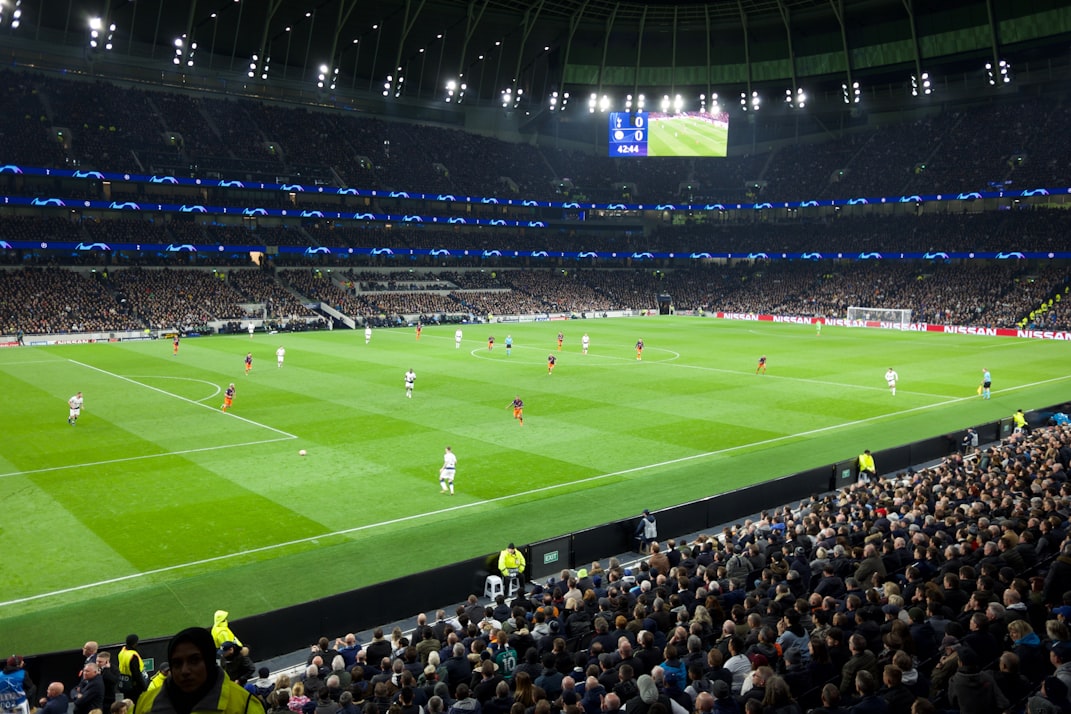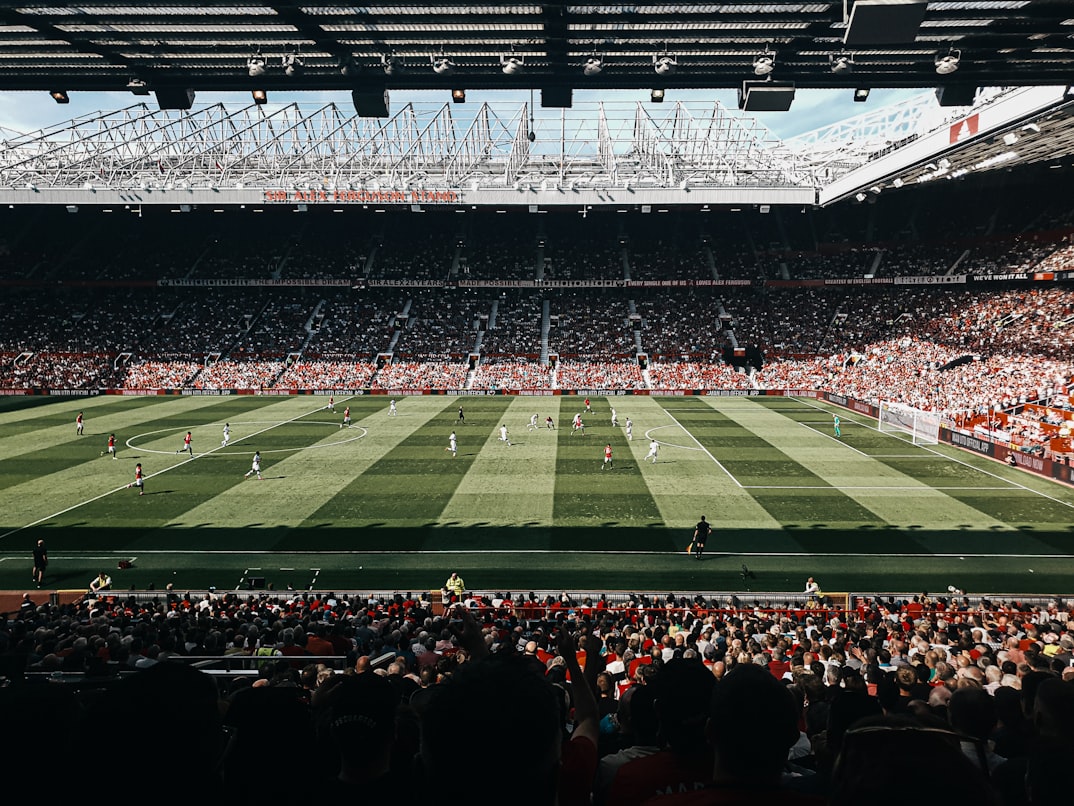
It’s hard to believe that the most dominant club of the immediate pre-Premier League era would have to wait so long to lift the English title but Liverpool FC were made to wait 30 years before picking up their first Premier League trophy.
In the evolving cycles of English football success, the resurgence of Liverpool FC under the stewardship of Jurgen Klopp has been one of the most eye catching stories of the last few years.
From perennial disappointment, under-achievement and near misses to that elusive domestic title, Klopp has orchestrated a remarkable transformation at Anfield, revitalising the club's fortunes and restoring its status as a powerhouse in the English game.
Following the announcement of his departure at the end of the 2023/24 season, it’s perhaps a timely moment to examine what exactly lies behind Liverpool's resurgence under Klopp, and what are the secrets to his success?
When he departs at the end of the current season, potentially with another League title achieved, Jurgen Klopp will leave an indelible mark on the footballing world with his unique blend of tactical ingenuity, charismatic leadership, and unwavering passion for the game.
From his early days at Mainz 05 to his transformative reigns at Borussia Dortmund and Liverpool, Klopp's managerial journey is a captivating narrative of tactical evolution, player development and relentless success.
Klopp's managerial career started in 2001 when he took charge of Mainz 05, a modest club in the German footballing landscape.
Despite limited resources and a relatively low profile, Klopp quickly stamped his authority with his innovative tactical approach and infectious enthusiasm.
At Mainz, Klopp predominantly deployed a dynamic 4-4-2 formation, characterised by his trademark high pressing, fluid attacking movements and relentless energy on the pitch.
However, it was Klopp's revolutionary tactics and visionary approach at Borussia Dortmund that really elevated his managerial profile.
Taking the helm at Dortmund in 2008, Klopp inherited an underachieving team languishing in mid-table.
Yet within a few seasons he transformed Dortmund into a formidable side bringing success both domestically and in Europe.
One defining characteristic of Klopp’s tactical approach at Dortmund was his implementation of gegenpressing, a high-intensity pressing style designed to win back possession immediately after losing the ball and it set his team apart at the time.
This relentless pressing game became synonymous with Dortmund's playing identity and propelled them to back to back Bundesliga titles in 2011 and 2012.
Under Klopp's guidance, Dortmund's preferred formation evolved into a fluid 4-2-3-1, with an emphasis on fluid attacking movements and rapid transitions from defence to attack.
Players like Robert Lewandowski, Marco Reus, and Shinji Kagawa flourished in Klopp's system, showcasing their talents on the biggest stages and earning high accolades for their performances.
Klopp's tactical innovations and man-management skills also played a pivotal role in the development of individual players at Dortmund.
Lewandowski, in particular, emerged as one of Europe's most prolific strikers under Klopp's tutelage, scoring goals for fun and attracting interest from top clubs across the continent.
Kagawa earned a big money move to Manchester United whilst Reus remains a club legend at Dortmund.
In 2015, Klopp was on the move himself as he took over the reins at Liverpool, one of Europe’s most storied football clubs but one, similar to his arrival at Dortmund with a recent history of underachievement.
His arrival at Anfield heralded a new era of optimism and expectation and he quickly set about transforming the team with his tactical approach.
His Liverpool team showed that Klopp's tactical approach had undergone further refinement, but his core principles remain unchanged.
He has favoured a fluid 4-3-3 formation virtually throughout his time at Anfield, with an emphasis on high pressing, quick transitions, and attacking flair.
The most successful front three of his time at the club, Mohamed Salah, Sadio Mane, and Roberto Firmino epitomised Klopp's attacking philosophy, terrorising defences with their pace, movement, and clinical finishing.
Central to Klopp's blueprint for success at Liverpool is his unwavering commitment to their distinctive style of play characterised by high-octane pressing, fluid attacking movements, and unremitting energy on the pitch.
From the moment Klopp arrived at Anfield in 2015, he has instilled a sense of belief and unity among his players, engendering a winning mentality that has propelled Liverpool to new heights.
His ability to create a cohesive team unit that operates as a collective force both on and off the pitch, their team spirit, camaraderie, and mutual respect is evident and has forged a strong bond among his players enabling them to overcome adversity and achieve success together.
On the training pitch, initially at Melwood and now at Kirby, Klopp's methods are characterised by intensity, innovation, and attention to detail.
Klopp places a strong emphasis on physical conditioning, tactical awareness, and technical proficiency, with training sessions meticulously planned to maximise player development and team cohesion.
He thinks nothing of stopping a session to correct where a player’s arm is placed as he strikes the ball, or to inform them that they failed to make sufficient eye contact with their target.
Nothing goes unchecked.
His training sessions are renowned for their intensity and competitiveness, with players pushed to their limits both physically and mentally.
Klopp's relentless pursuit of excellence leaves no stone unturned, with every aspect of a player's performance scrutinised and analysed to identify areas for improvement.
In addition to physical conditioning, Klopp places a strong emphasis on tactical preparation and game intelligence.
Training sessions are designed to simulate match scenarios, with players encouraged to think quickly, make decisive decisions, and execute their roles with precision and efficiency.
One of Klopp's key strengths as a manager is his ability to develop and nurture young talent, with several young players thriving under his guidance at Liverpool, a club that values having young players in their team.
Klopp's emphasis on youth development and player progression has seen the emergence of stars like Trent Alexander-Arnold, Joe Gomez, and Curtis Jones, who have flourished under Klopp's tutelage and become integral members of the first team squad.
One of Klopp's greatest achievements at Liverpool came in the 2018-2019 season when he led the club to Champions League glory, defeating Tottenham Hotspur in the final.
Klopp's tactical acumen, coupled with his ability to inspire and motivate his players, played a pivotal role in Liverpool's triumph on the European stage.
However, Klopp's managerial career has not been without its challenges and setbacks.
Despite his success at Dortmund and Liverpool, Klopp has faced criticism and scrutiny during periods of poor form and inconsistency.
At Liverpool, in particular, Klopp endured a difficult spell defending their title during the 2020-2021 season, as injuries and fatigue took their toll on his squad.
Yet his resilience and ability to bounce back from adversity have been key to his success.
Following disappointments and setbacks, Klopp has often rallied his players, instilling belief and confidence in their abilities.
His man-management skills and tactical acumen have been instrumental in turning the tide.
His open and honest communication style cultivates trust and respect among his players, creating an environment where they feel valued and empowered to perform at their best.
His charismatic personality and infectious enthusiasm have endeared him to Liverpool fans and players alike, with his passionate touchline antics and heartfelt celebrations becoming synonymous with the club's success in recent years.
As he departs the English game at the end of the season, Klopp will be remembered fondly by Liverpool fans and many neutral observers alike.
His unwavering commitment to his distinctive style of play, innovative training methods, and emphasis on team spirit and collective unity have been instrumental in Liverpool's success under his stewardship and made him a Manager to be much admired.


















